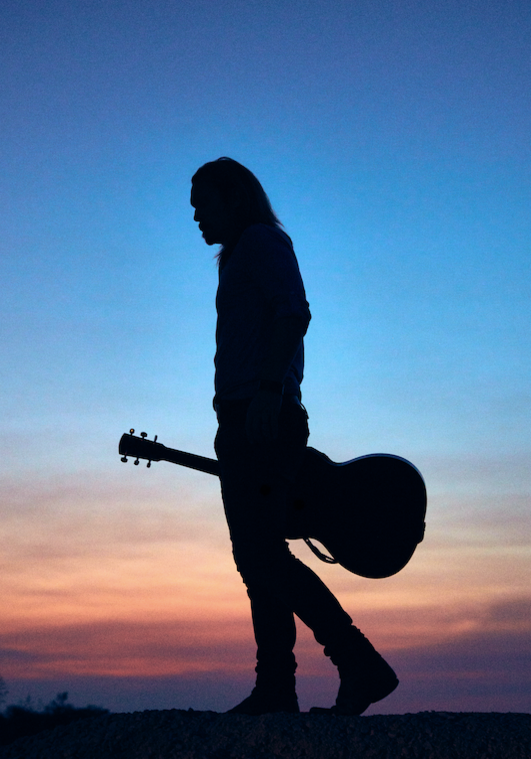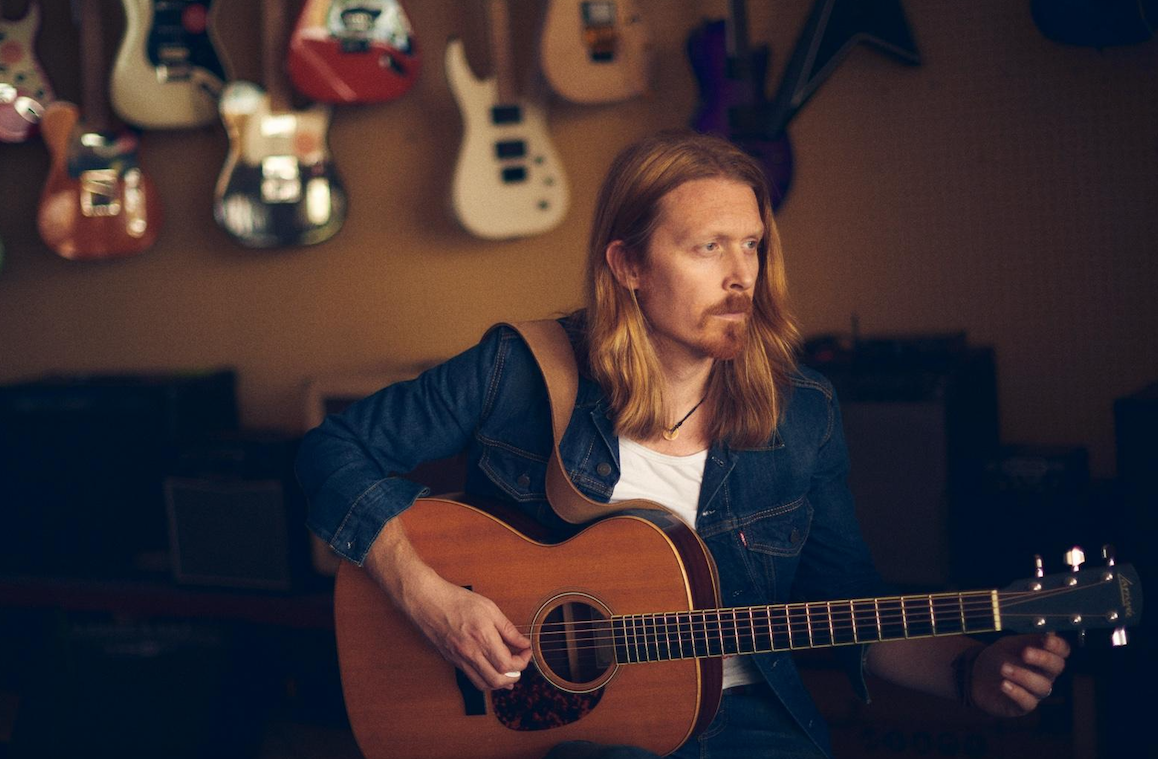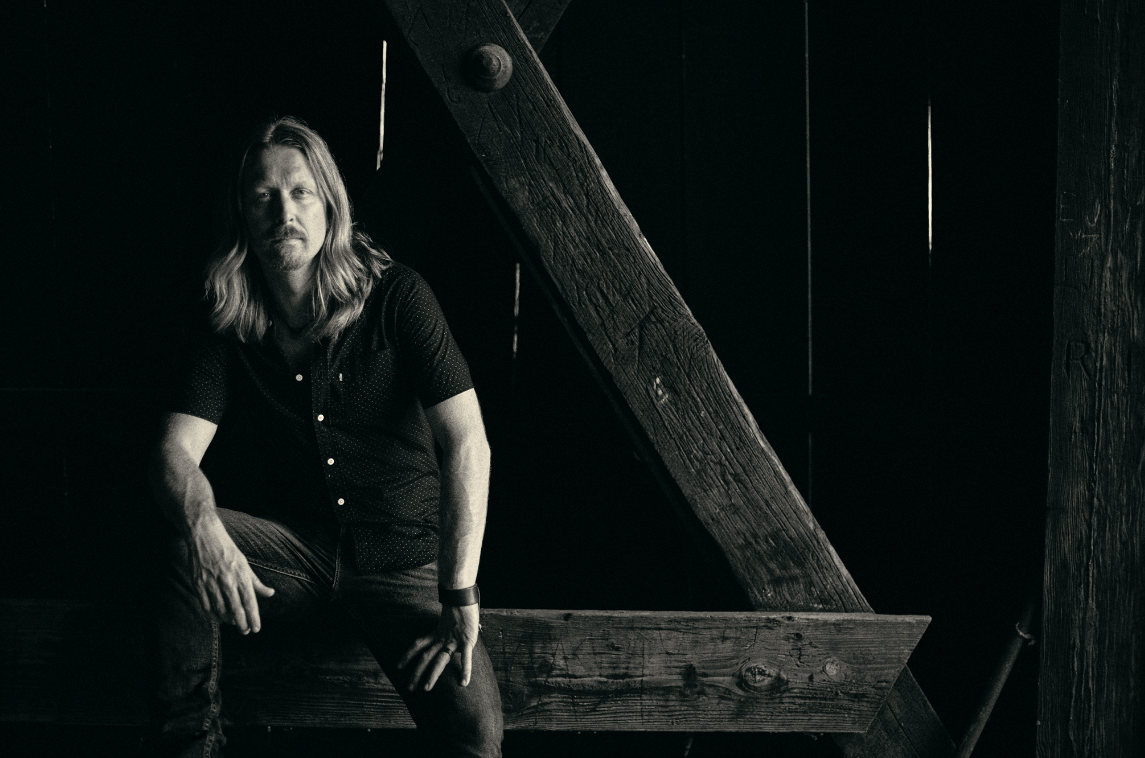What were some of your earliest songs like and how has your songwriting evolved over time?
I was always writing poetry, but mostly it was to girls. I wanted to be very deep and romantic but I didn't know that you could write a song. In middle America, music wasn't a job and art wasn't something that you created for a living like it was for other people.
But I think we're all creators and we all have these outlets. We all have things that we want to say, and I knew to write those down. I journaled a lot when I was young, and they're full of the most inane teenage dribble ever, but it was so important to express that.
I never really put my journaling into a musical form until I was in college; I didn't know that I was allowed to do it. But nobody has to give you permission to create, and that was another change in mentality that just hadn't ever occurred to me.
So I was very late in life, but it also meant that what I ended up focusing on in my songwriting was more mature, more deep, more far reaching things than if I had just written about missing a girl that broke my heart. At that moment I don't think I had the capacity mentally or emotionally to know how to say that or how to process that. Coming to it later actually helped me find my niche.
What inspired your second full-length record Somewhere In Middle America, and how does it differ to your debut full-length release Deep Cuts?
I know that some people were scared because they really loved the first record, and it's what made my mark in the UK scene, so I was as scared as everyone else was, but I also knew that I wasn't going to put out crap – it's just not something I do. I take my time and I have patient fans.
This record is called Somewhere In Middle America, which is actually borrowing from a Counting Crows lyric, which was some influences that I pushed away from on the first one. People have said, ‘Deep Cuts went deep, and this one somehow found a way to go deeper’. That was a great compliment to me.
I'm constantly deconstructing – I want to get to the bottom of ‘What is this life? How were we all thrust into it? How are we all having similar experiences all over the globe? Is there something to be gleaned or to be understood by all of us?’ If there's anyone that's going to do it, it's got to be a thoughtful group of people all seeking it – and that's both for the creator and the listener.
This record is about growing up in all of its complexities and states of emotion that we've found ourselves in at one point or another, and whether or not the specifics are the same, because no one has lived our experience, but the core of it is so much the same, so it’s trying to figure out why it is.
Somewhere In Middle America was me trying to take a snapshot not only of me and how I came to be this way, but also I want to harken back, because we're in a very interesting moment in American history.
We're trying to figure out who we think we are, and who we want to be going forward. Everybody has a lot of different ideas about that, and we have become more polarised and more separate, and I don't like that. I don't know why individualism has crept in to supersede what is best for us as a community, and I mean that both from an American standpoint and from a human standpoint.
So what I wanted to do was harken back to that middle ground – the one that everyone has. I wanted to encapsulate what it was like to grow up, because I lived in a country in a time and a place that felt very unified. It felt very open to discussion and leaning into making things better for one another.



